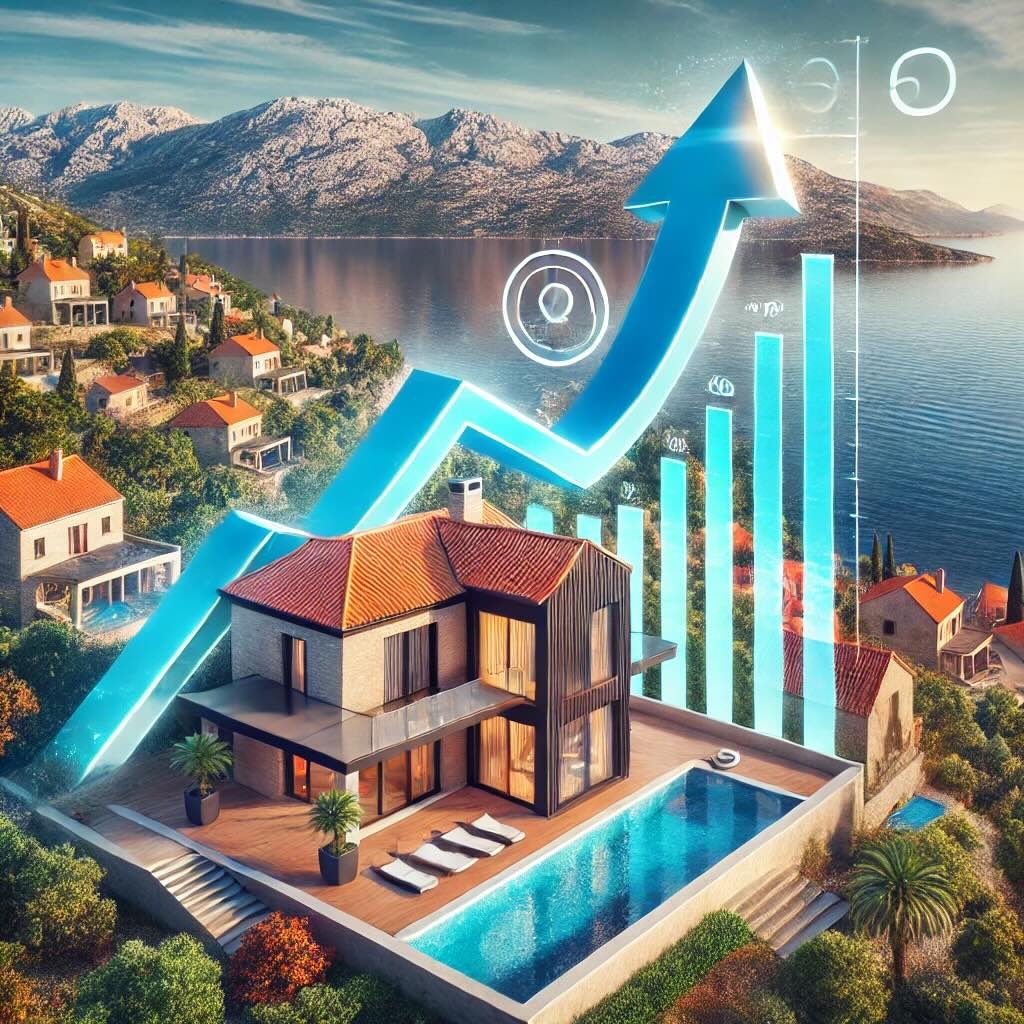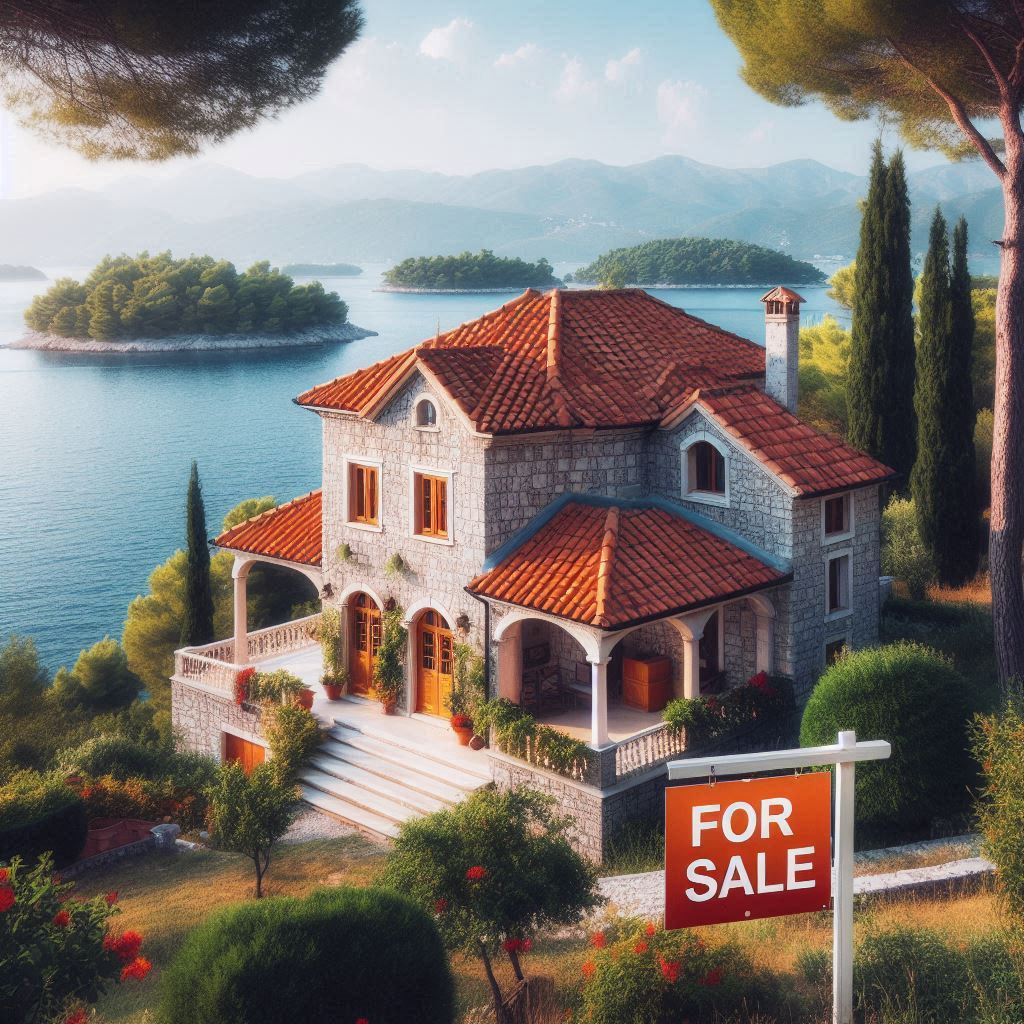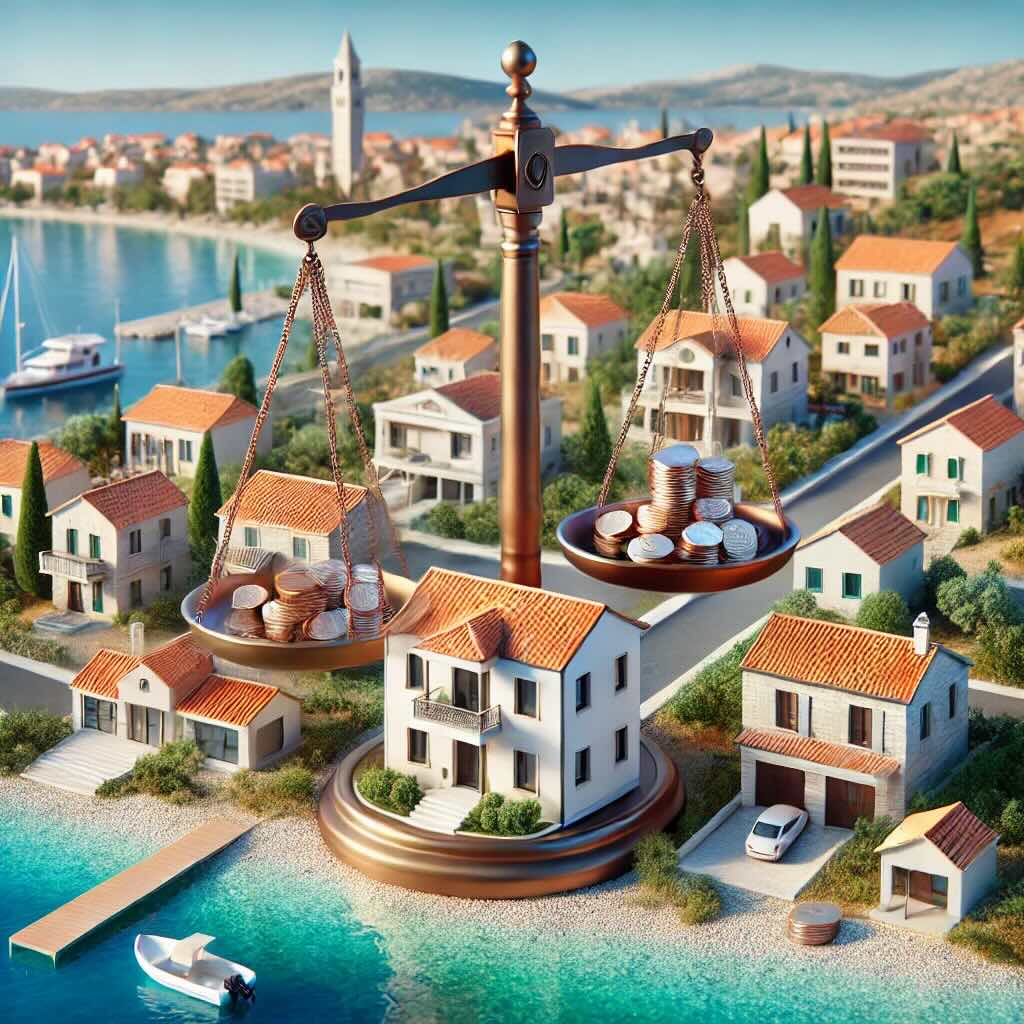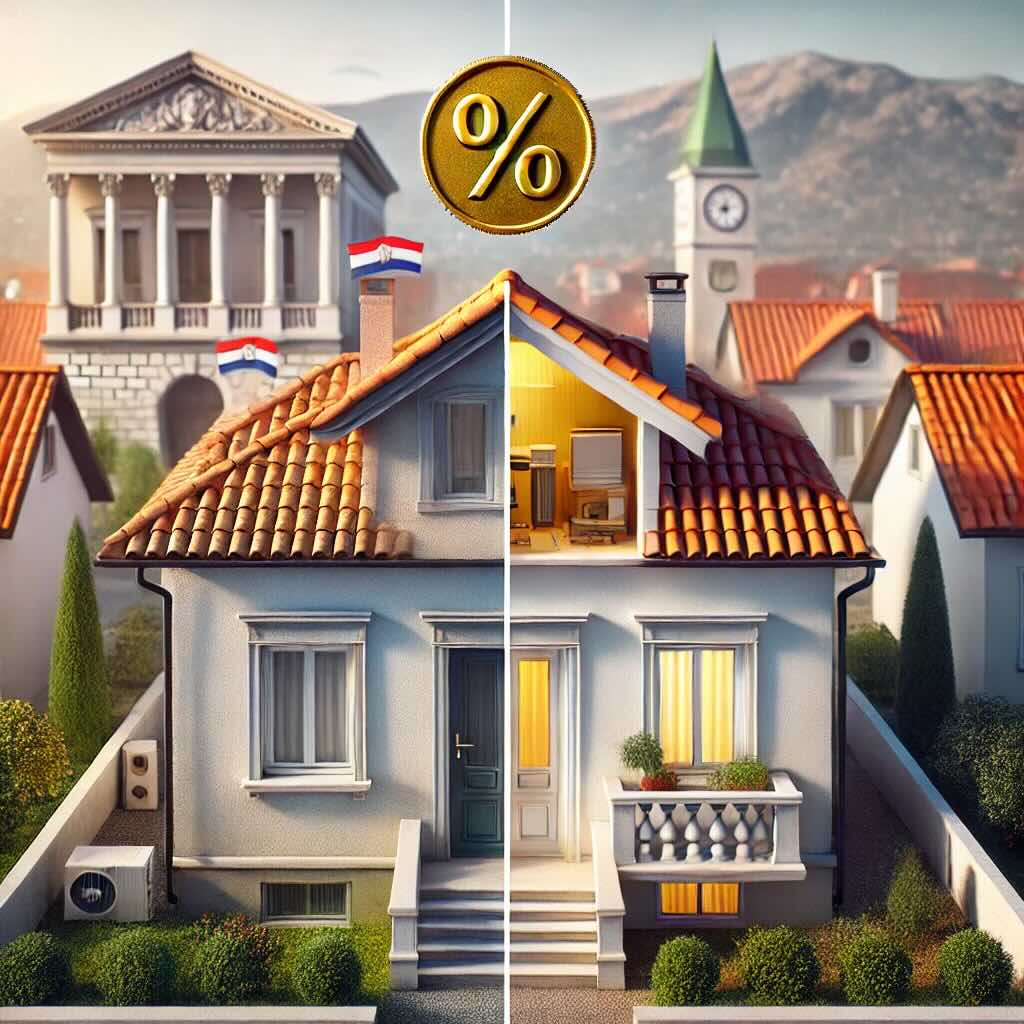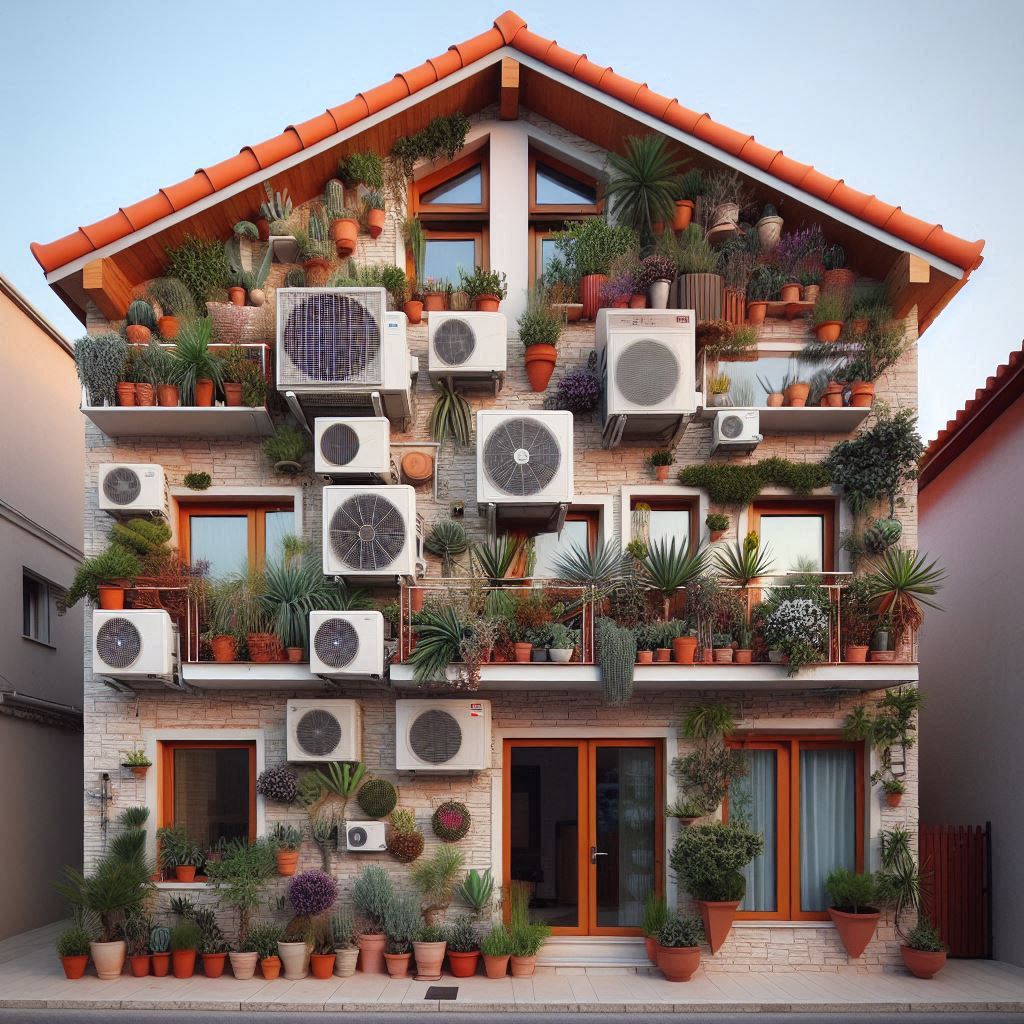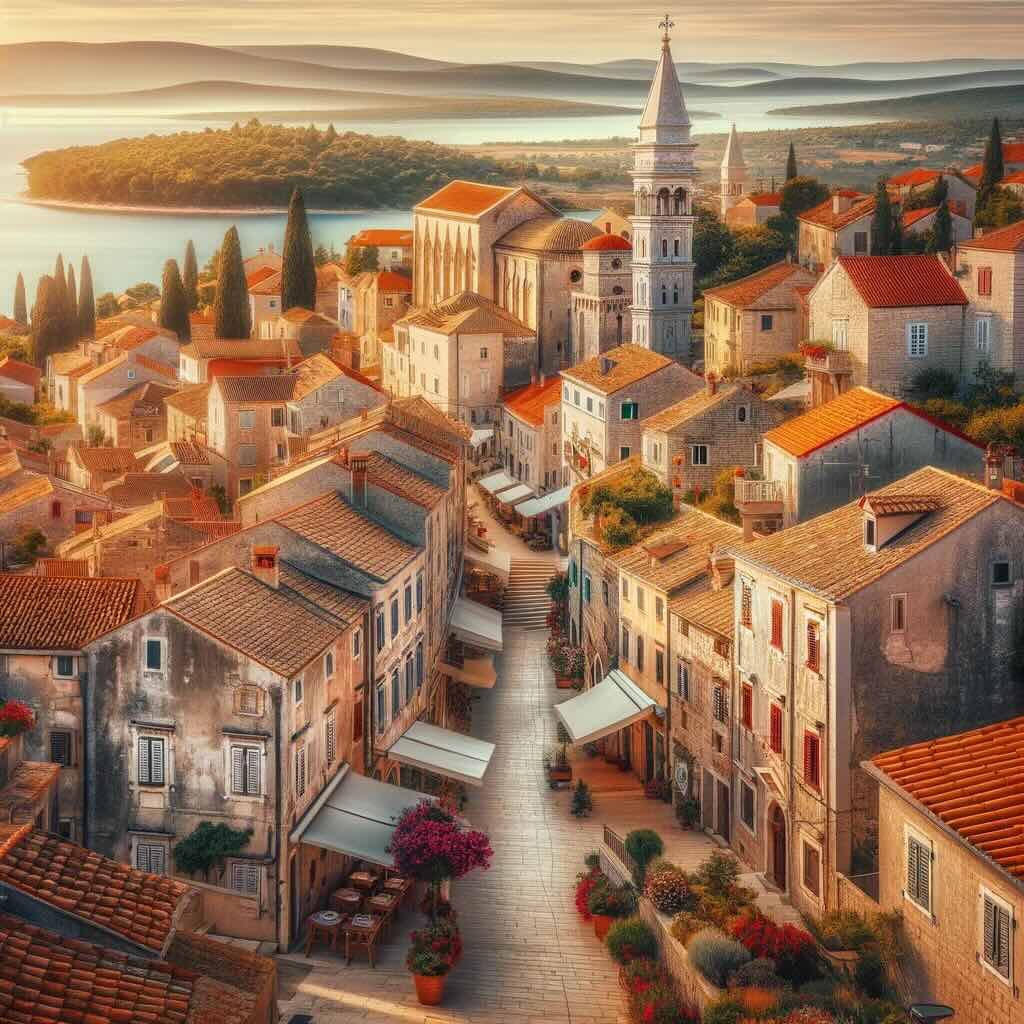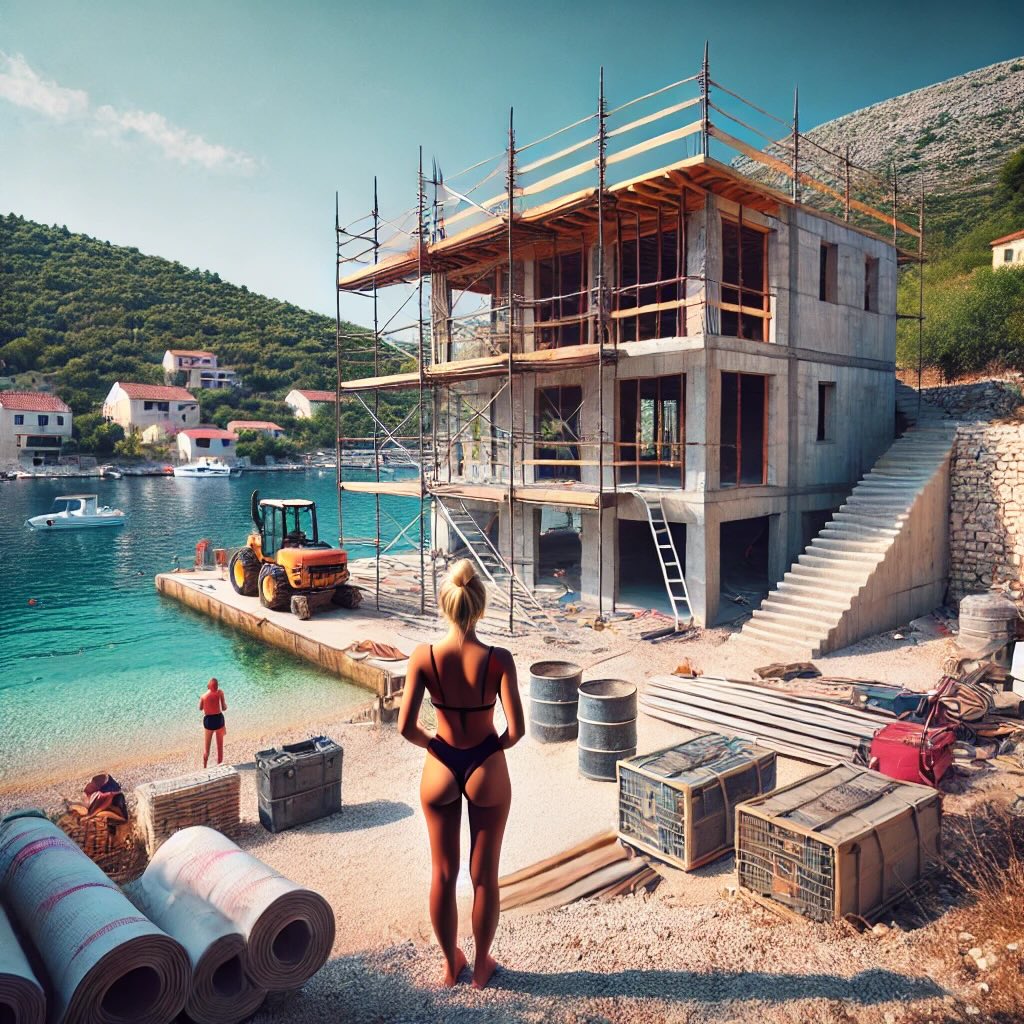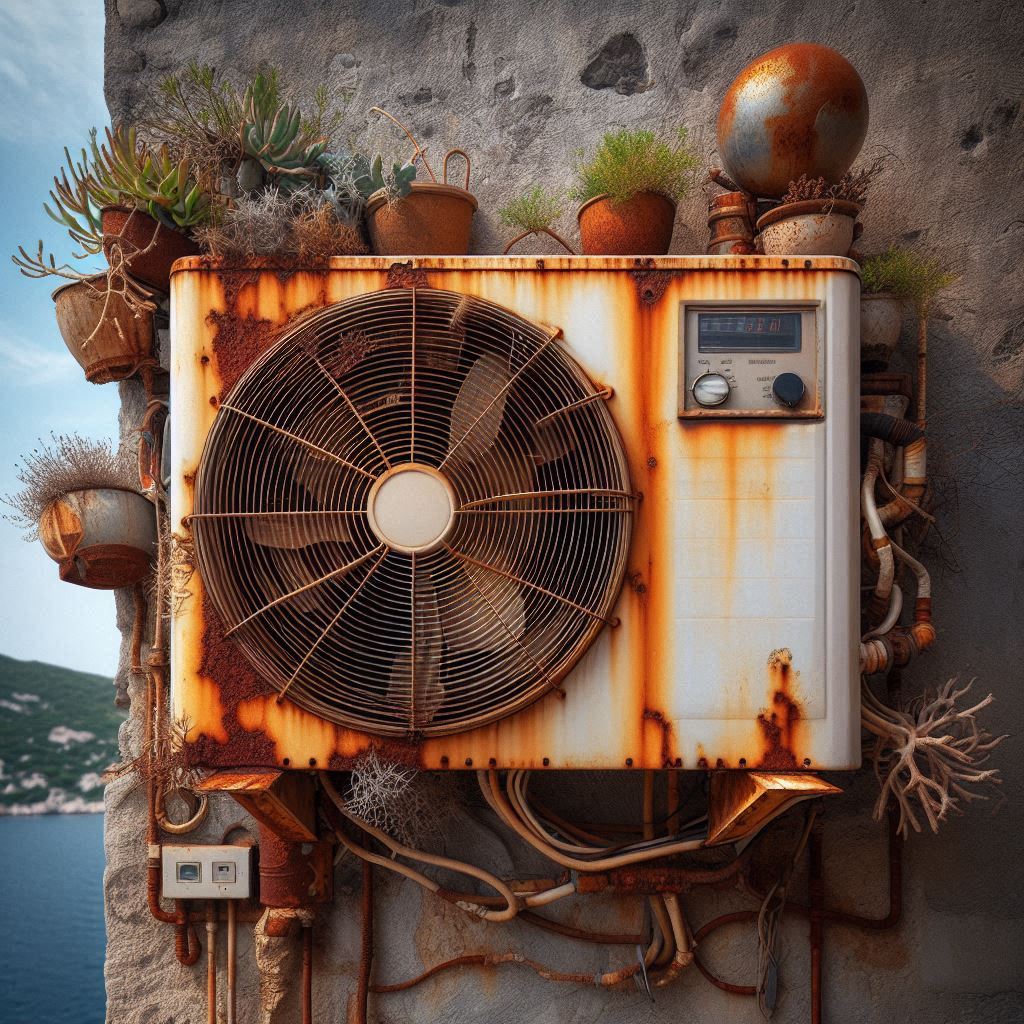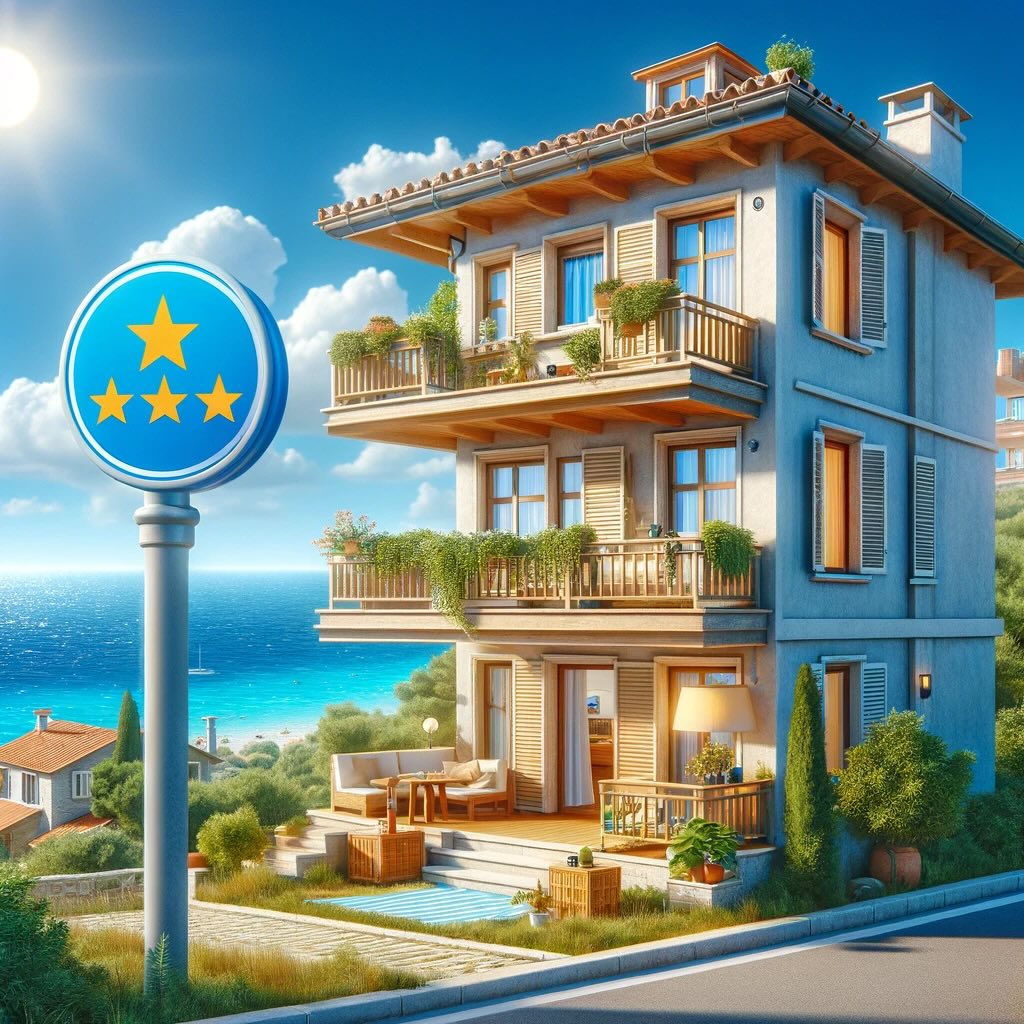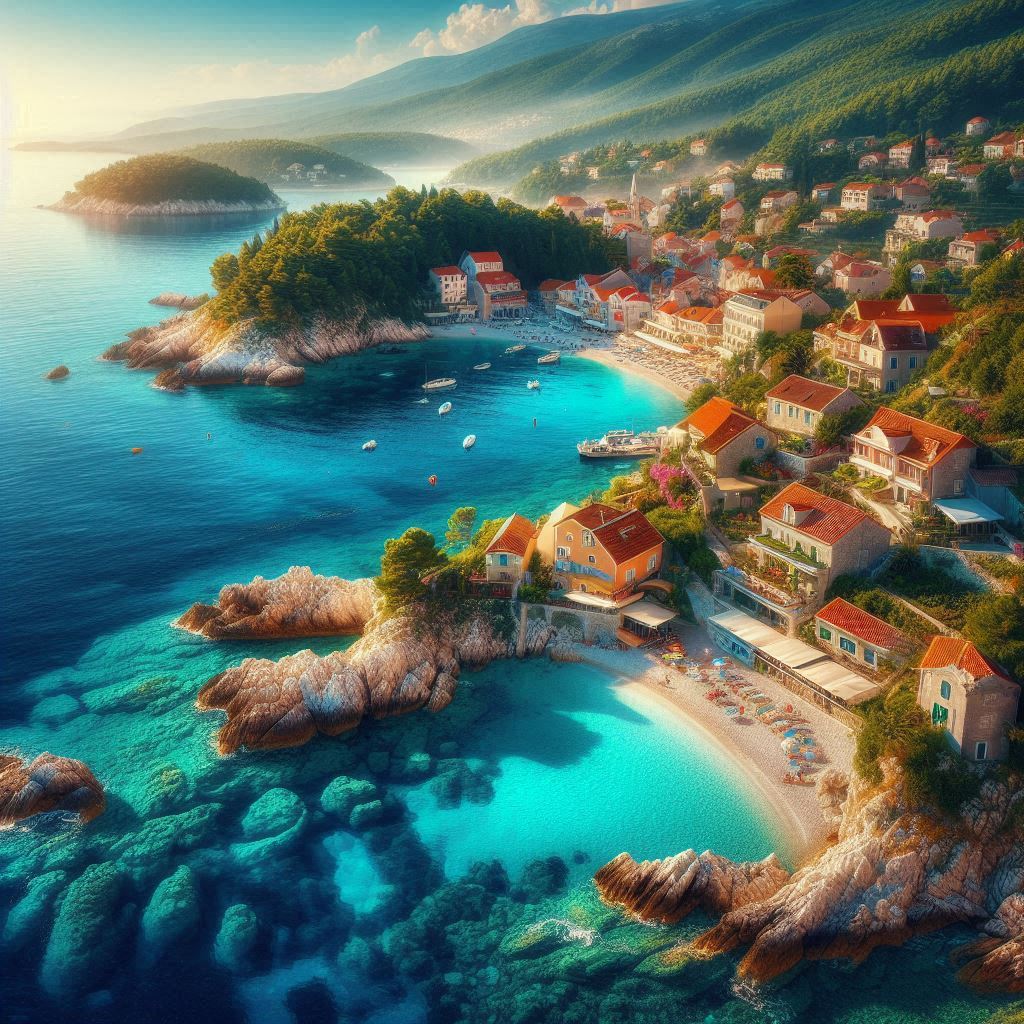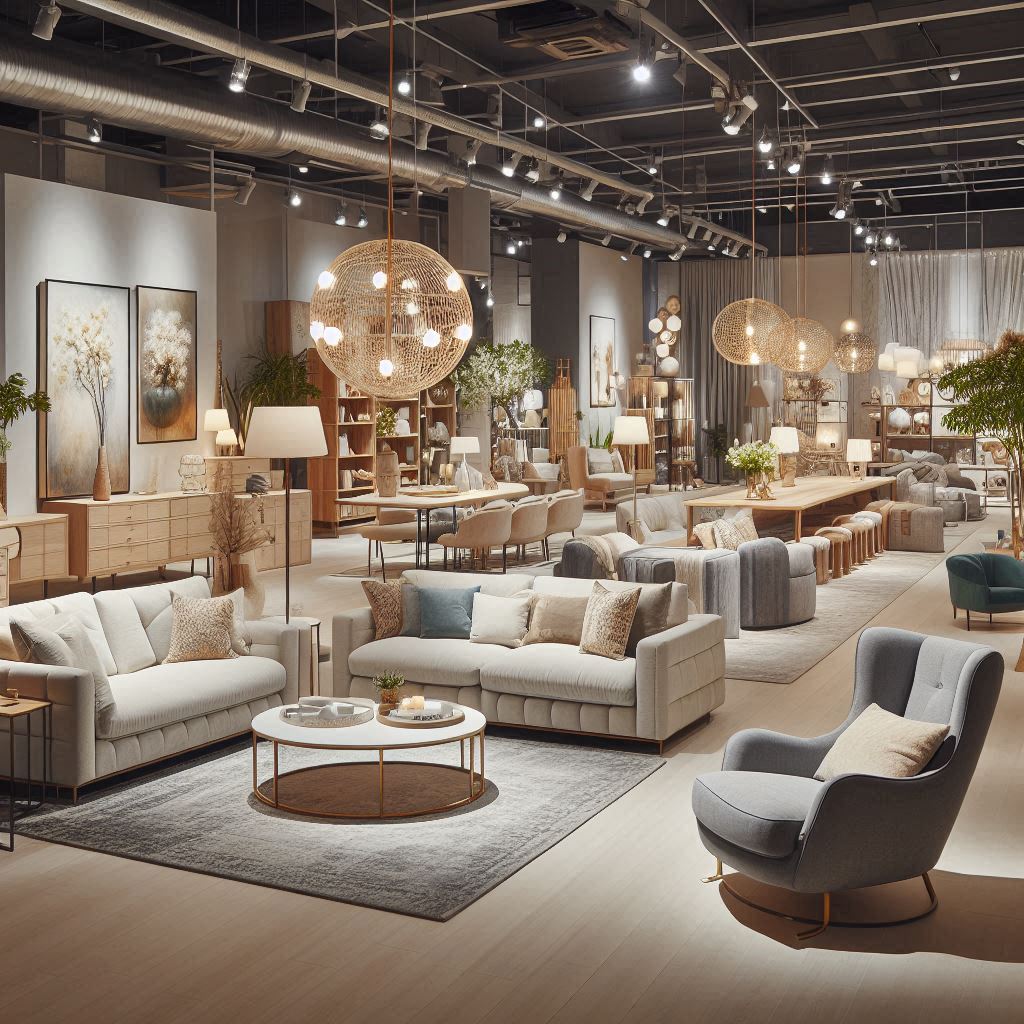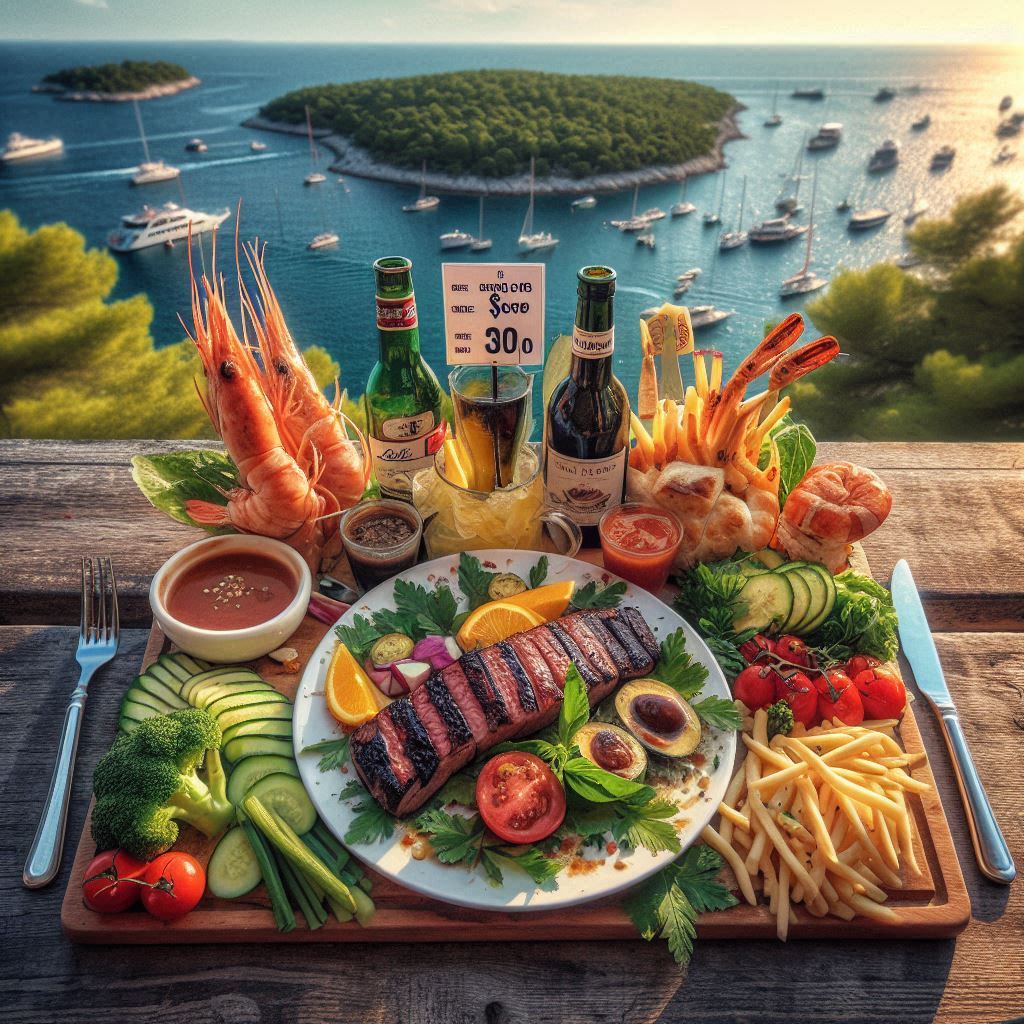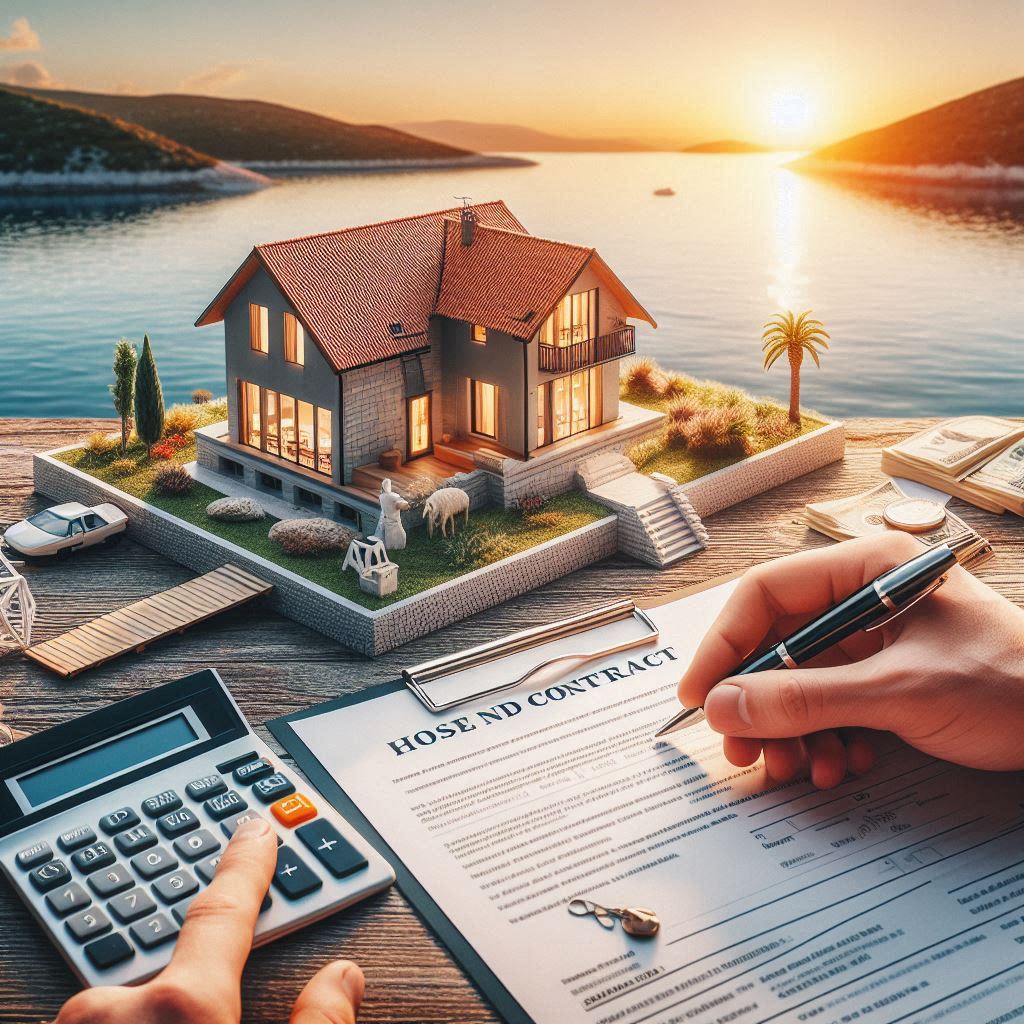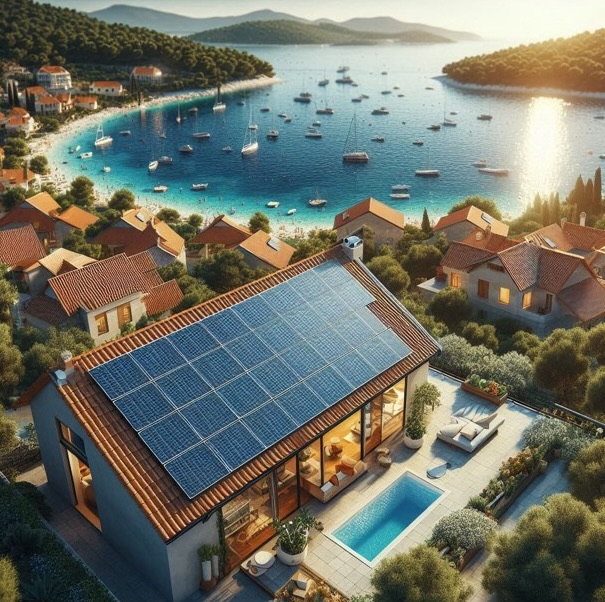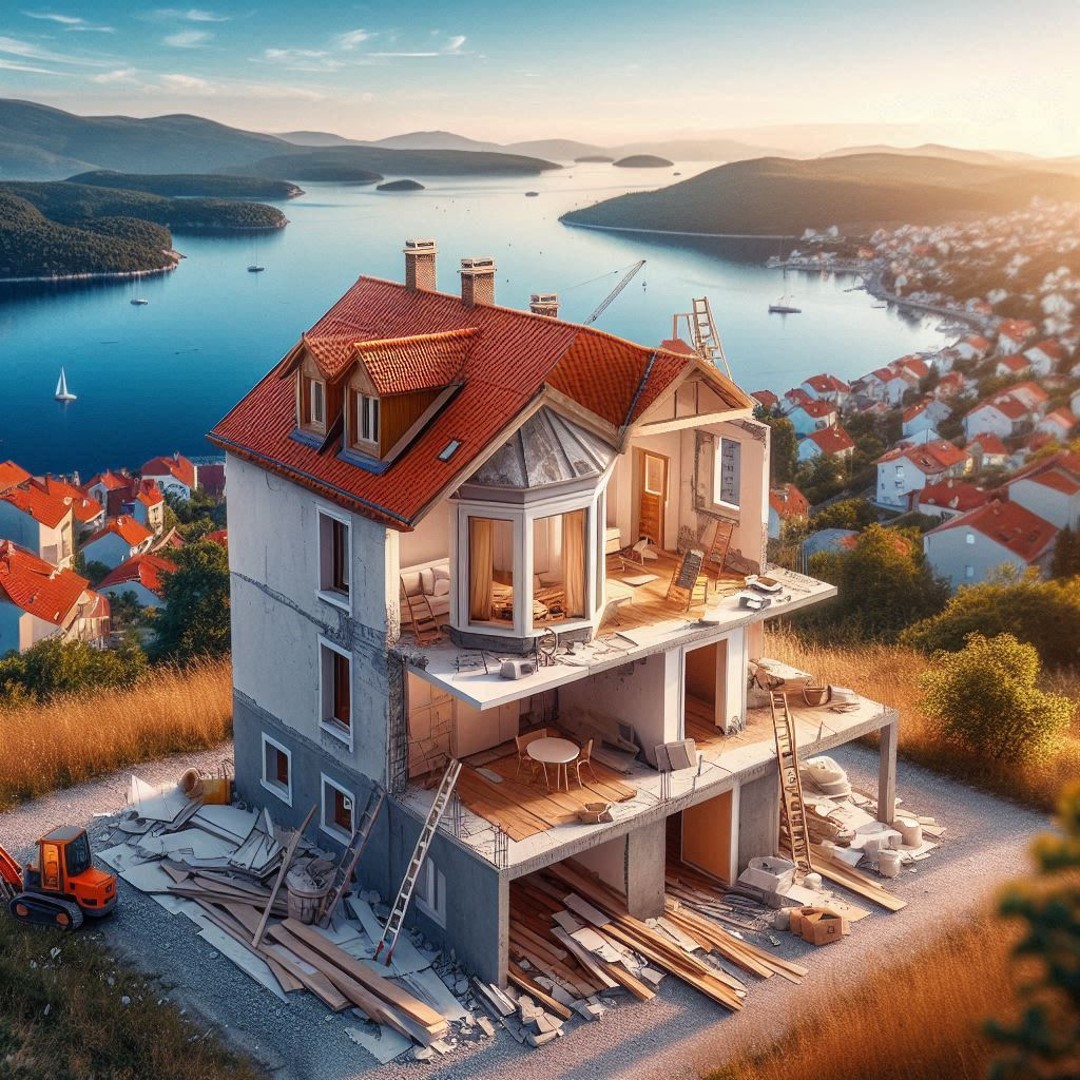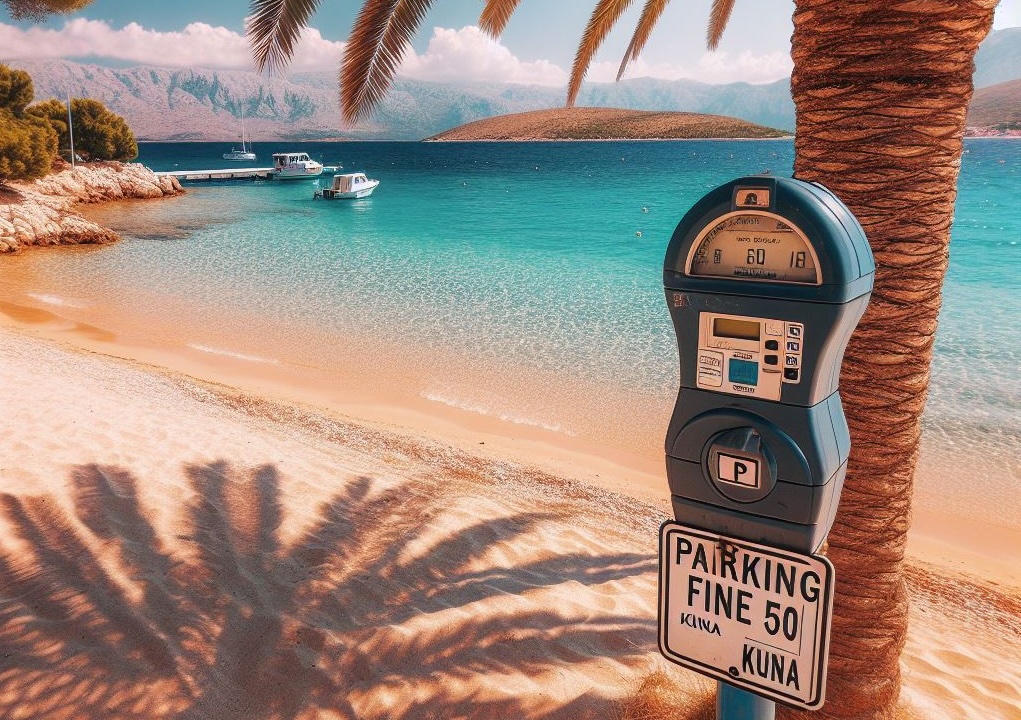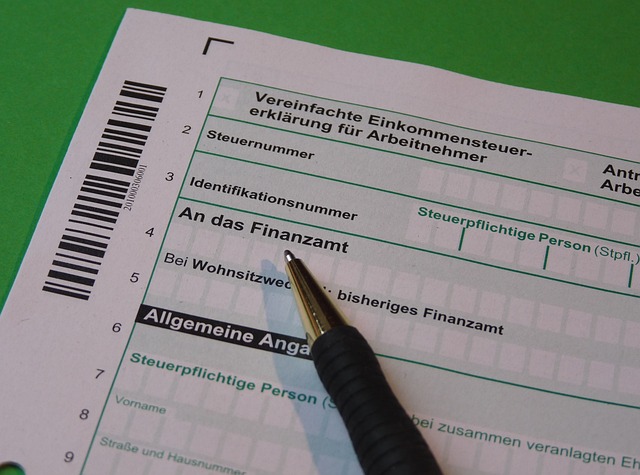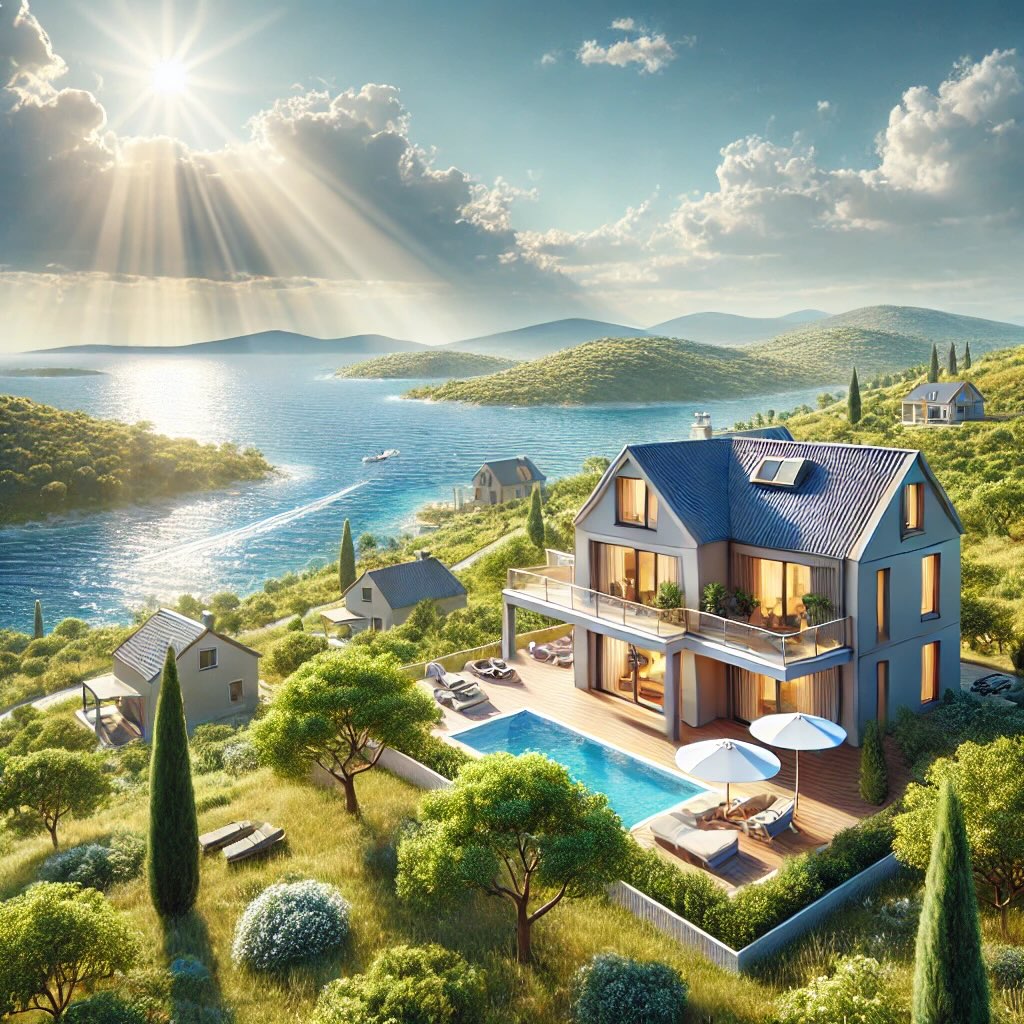
Types of Land and Properties in Croatia.
All lands in Croatia are divided into the so-called zoning, based on the type and purpose of the land. The type and purpose are determined by the local office of spatial planning. Changing the purpose of the land is possible, but it is subject to certain requirements and always depends on the locally competent office. For the change of land use, the participation of a local designer and architect is always required. The following categories of lands are defined:T1 - Hotels
The share of accommodation capacity is at least 70% in hotels and a maximum of 30% in recreational villas. In tourist zones T1, hotels make up at least 70% of the total area, and the total land area for recreational villas/apartment buildings is a maximum of 30%.T2 - Tourist Village
The share of accommodation capacity is at least 30% in hotels and a maximum of 70% in recreational villas or apartments.T3 - Camps and Campgrounds
Building accommodation structures such as apartment buildings, hotels, bungalows, and similar is prohibited in camps. The percentage of buildings for other uses related to the function of the tourist camp can be a maximum of 2%. Part of the camp with an area larger than 2000 m2 may include buildings up to a total size of 200 m2 that serve as camp facilities, e.g., bathrooms, toilets, administrative buildings, etc.
S - Residential Construction
Zone S is intended for residential construction. Commercial spaces on the ground floor of these buildings must not exceed 30% of the gross area. Subcategories of zone S:- S1 - Single-family Houses
- S2 - Low-rise Residential Construction
- S3 - Residential Building
M - Mixed-use Lands - Mješovita namjena
In zone M, it is possible to build both residential and tourist buildings.Subcategories of zone M
M1 - Residential-type Buildings
- Shops up to 400 m2 of gross built-up area
- Pre-school institutions and schools
- Healthcare and social care institutions
- Shops and services
- Social organizations, cultural facilities, facilities for public and social purposes
- Post offices and banks
- Sports and recreation
- Parks and playgrounds
- Catering and tourist facilities
- Public garages

- Commercial and residential-business buildings
- Public and social buildings
- Buildings for catering and tourist purposes
- Markets and department stores with warehouses
- R - Sport and Recreational Purposes
- R2 - Sports Facilities
- R2-1 - Pools
- R2-2 - Refreshment Facilities - Stall Sales
- R3 - Bathing and Relaxation Zones
- R3-1 – Pools within Bathing Zones
- Pu - Organized Beach
- Pp - Natural Beach
- K - Commercial Lands
- K4-1 - Service Purposes
- K4-2 - Commercial Purpose
- K4-3 - Purpose of Catering and Hospitality
- K4-4 - Garages for Business Premises
- K4-5 - Social, Cultural, and Entertainment Facilities
- K4-6 - Congress Center
- Z - Public Greenery
- Z1 - Park Areas
- Z - Protective Greenery and Landscape Areas
When planning the construction of a residential building in Croatia, you should choose a plot in zone S or M.
If you are planning to build a hotel, you should choose a plot zoned as T1 or T2. In some cases, the local municipality has the possibility to change the purpose of lands from category T to S or M - these cases are, however, very limited and require a lengthy legislative process.
Construction Coefficients in Croatia
Each plot in Croatia has certain building parameters set in the local detailed spatial plan.KIS
The utilization coefficient (Ki or i KIS) is the ratio of the gross building area to the plot area. KIS 0.8 indicates that a building can make up 80% of the plot area.KIG
The construction coefficient (KIG) indicates the ratio of the building footprint to the plot area. KIG 0.3 indicates the possibility of covering 30% of the plot area with the vertical projection of the building. The construction of the object does not include the vertical projection of the balcony or the area of outdoor pools.Maximum Building Height
Usually, it is set in meters to the top of the roof - the height of the building at the ridge. The purpose of this regulation is to maintain the general level of buildings in each settlement so that buildings do not obstruct the view of the sea.Maximum Number of Floors
Construction conditions usually specify the maximum number of floors.- P - Basement
- P+1 - Basement and One Floor
- P+2 - Basement and Two Floors
- P+2+Pk - Basement and Two Floors plus Attic

















